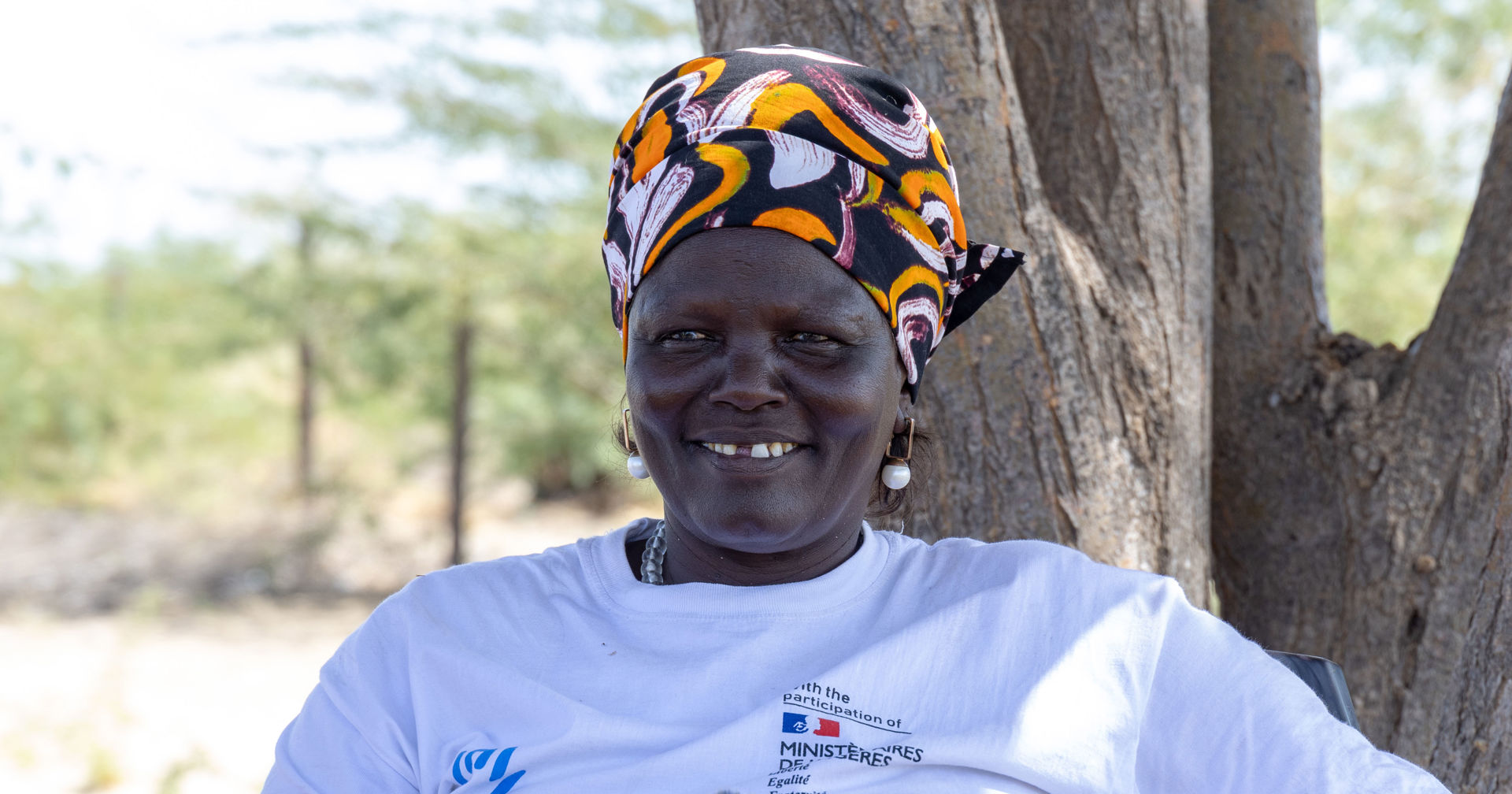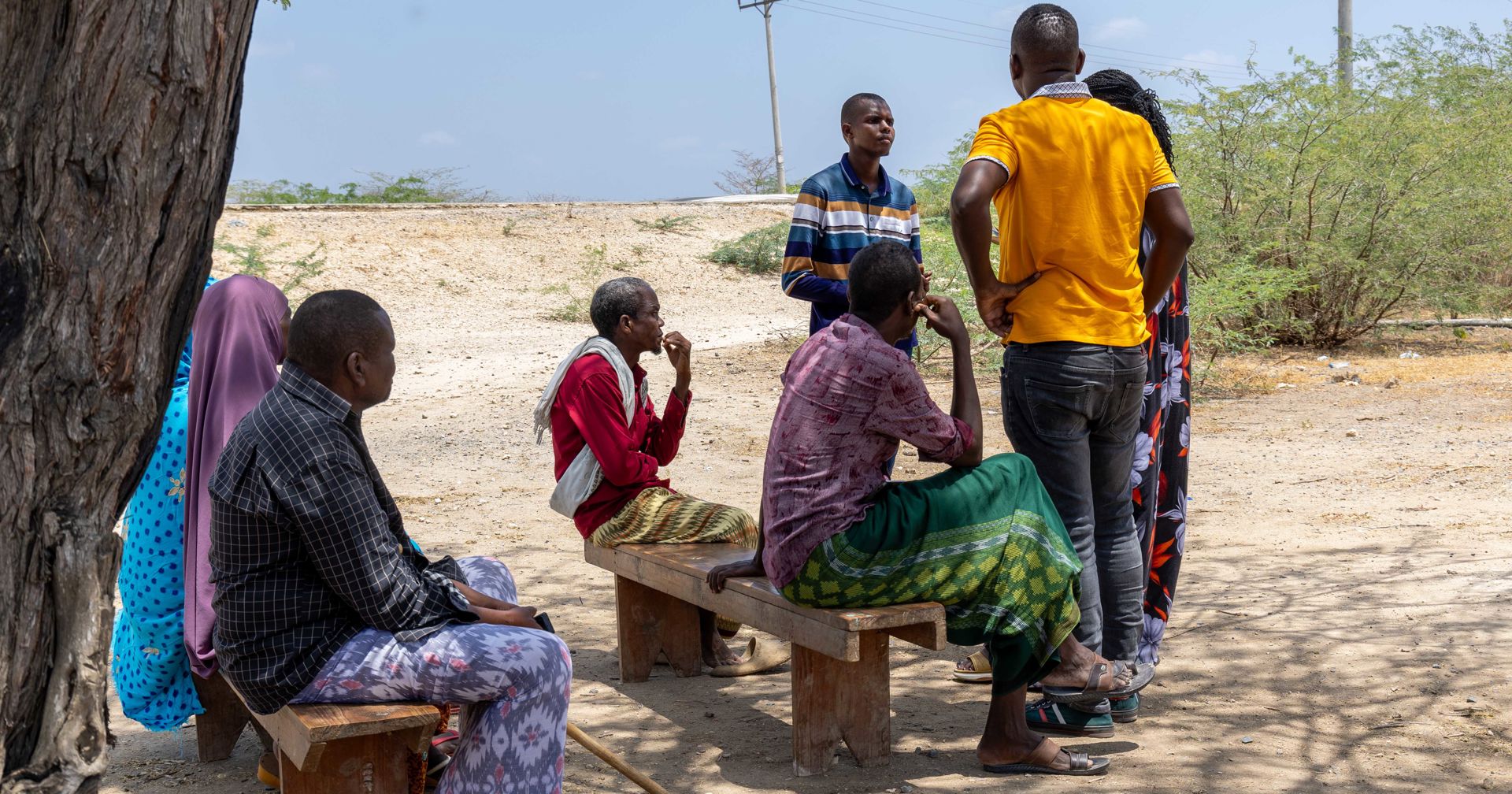Kenya is preparing for disasters strengthened by climate change

Kenya suffers from alternating droughts and floods. The Red Cross reinforces the locals’ ability to prepare for the increasingly disastrous phenomena with support from the European Union.
“For years, we only reacted to disaster as they came, we never prepared for them. We have to change – before the change destroys us,” says Aden Sugow.

Kenya battles with alternating droughts and floods. Climate change makes both phenomena even stronger. Their impacts hit mainly the communities and people in the most vulnerable positions. The Kenyan Red Cross is improving the disaster preparedness of 2.5 million Kenyans with the support of the European Union and the Finnish Red Cross.
The work reinforces the abilities of communities to prepare for disasters with the help of advance warning systems and by developing a more diverse livelihood base. The work offers the local communities advantages such as education and cash aid for setting up new companies.
Women play a key role in planning preparedness

“When all people, regardless of their gender or abilities, receive the advance warnings, our community will be stronger than before and more prepared to face the disasters. Women are especially good at building preparedness, as they are in charge of their families, says Mary Ataba.
Ataba is working as a member of a climate change committee in her community in Turkana. She is a passionate advocate for disabled people and the position of women. Ataba has managed to strengthen the role of women in the work. When women and people with disabilities take part in the working groups, this helps ensure that their voice will be heard and their needs considered. Preparing for disasters as a community improves when the advance warnings reach all the members of the community.
Young people influence local and national decisions

The advance warning systems have been improved through this work, enabling measures such as evacuating cattle from the disaster areas. This has reduced the financial losses of communities. Cooperation between communities and local authorities has also improved.
“This work has given me a voice. I can now defend my community and advocate for sustainable solutions to coping with droughts,” says Guyo Godana Yusuf.
Guyo Godana Yusuf works as a youth representative in a group mitigating the impacts of disasters in his community. He has been trained in advocacy work. Thanks to this training, Guyo Godana Yusuf has influenced decisions both on a local and a national level. As an example, he has been involved in the work for a new regulation on grazing, which aims to reduce conflicts related to droughts.
“It’s great that I get to work on reducing conflicts in communities caused by draughts and other disasters,” Guyo Godana Yusuf states.


Text: Minttu-Maaria Partanen
Communications Specialist

